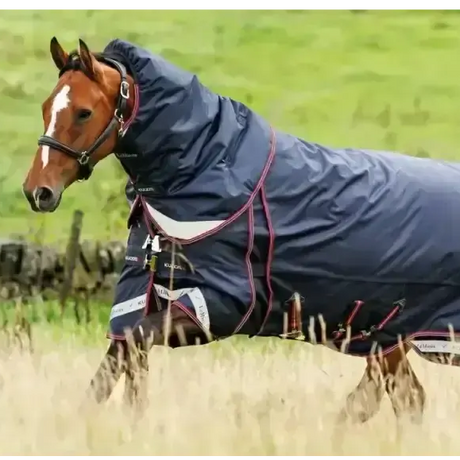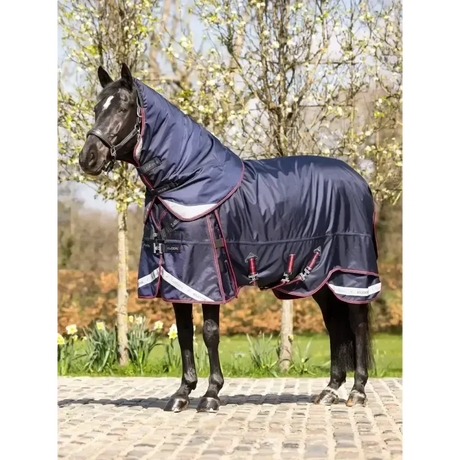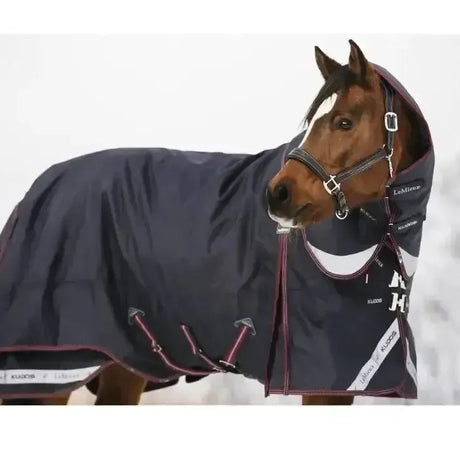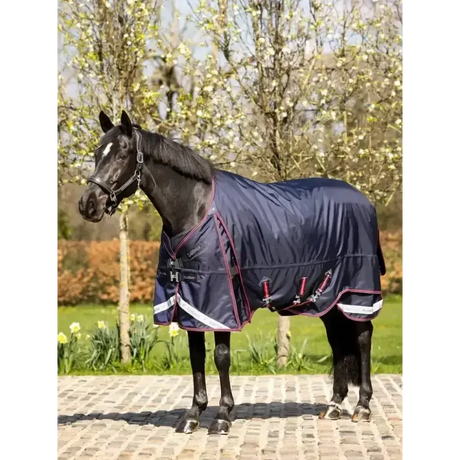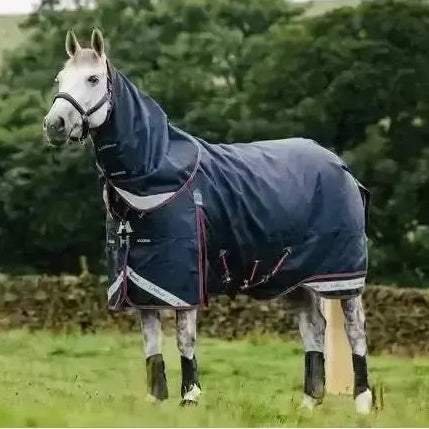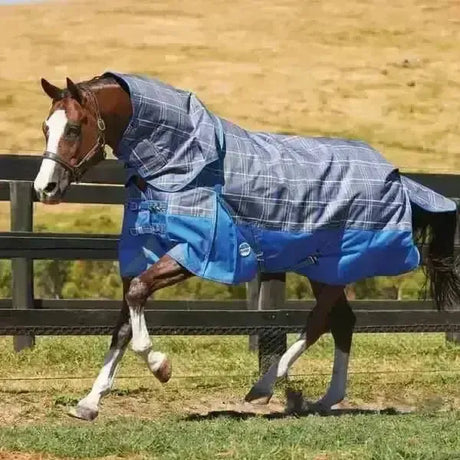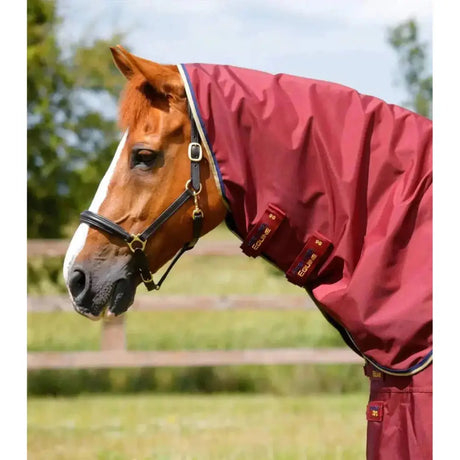Veterinary Supplies
The field of Veterinary medicine plays a crucial role in maintaining the health and well-being of animals, both domestic and wild. It encompasses a wide range of services, including routine check-ups, surgical procedures, and emergency care. Veterinary professionals are essential for diagnosing ailments, prescribing treatments, and ensuring that animals lead healthy lives.
For those involved in equestrian activities, partnering with specialized equestrian veterinary suppliers is invaluable. These suppliers focus on animal veterinary supplies tailored specifically for horses and other equine species, offering everything from nutrition products to specialized medical equipment. The importance of having access to reliable equestrian veterinary services cannot be overstated, as it directly impacts the performance and health of competition horses as well as those used for leisure riding.
Having a well-stocked set of veterinary supplies for your horse is essential for maintaining their health and managing any minor injuries or medical situations that may arise. Whether for routine care or emergencies, these supplies can help you respond quickly to various issues until a vet can provide further treatment.
Key Veterinary Supplies for Your Horse:
1. First Aid Kit
A basic first aid kit should be easily accessible and well-organized. It should contain the following items:
-
Bandages and Wraps: Self-adhesive bandages (like Vetwrap), gauze pads, and non-stick dressings for wounds.
-
Cotton Rolls and Pads: Useful for padding or protecting wounds.
-
Wound Spray: Antiseptic spray (e.g., povidone-iodine or chlorhexidine) to clean and disinfect cuts and abrasions.
-
Sterile Saline: For flushing wounds or eyes.
-
Scissors and Bandage Scissors: For cutting bandages, tape, and other materials.
-
Tweezers: For removing debris or ticks.
-
Thermometer: To monitor your horse’s temperature. A normal equine temperature ranges between 99-101.5°F (37.2-38.6°C).
-
Hoof Pick: To clean hooves and check for injuries or embedded objects.
-
Latex or Nitrile Gloves: For protecting wounds and maintaining cleanliness during treatment.
-
Stethoscope: To monitor heart rate and gut sounds (normal heart rate is 28-44 beats per minute).
2. Wound Care Supplies
-
Antibacterial Ointments: Topical antibiotics like Neosporin or silver sulfadiazine cream to promote healing and prevent infections.
-
Hydrogel Wound Dressings: Helps to keep wounds moist and promote faster healing.
-
Fly Repellent Ointment: Products like Farnam Swat to keep flies away from wounds.
3. Oral and Injectable Medications
-
Bute (Phenylbutazone): A non-steroidal anti-inflammatory drug (NSAID) often used to reduce pain and inflammation.
-
Banamine (Flunixin Meglumine): Another NSAID commonly used for colic or musculoskeletal pain.
-
Electrolytes: Powder or paste forms to replenish lost electrolytes, especially after heavy exercise or sweating.
-
Dewormers: A selection of deworming products, such as ivermectin, fenbendazole, or moxidectin, for parasite control.
-
Sedatives: In consultation with your vet, you may need mild sedatives for certain procedures or handling nervous horses.
4. Vaccination Supplies
-
Syringes and Needles: Sterile syringes and needles of various sizes for administering medications or vaccinations.
-
Vaccines: Keep your horse up-to-date with vaccines such as tetanus, influenza, and West Nile Virus. Always store vaccines properly (in a cool, dry place).
5. Hoof Care
-
Hoof Pick: Essential for daily cleaning to prevent thrush and other infections.
-
Hoof Knife: For removing loose, damaged hoof material.
-
Hoof Boots: For protection during recovery from injuries like abscesses or laminitis.
-
Abscess Poultice: Products like Epsom salt poultice to draw out infections in the hoof.
6. Eye Care
-
Sterile Eye Wash: To rinse debris or irritants from the eyes.
-
Ophthalmic Ointment: For minor eye irritations or injuries, consult with your vet for recommendations.
7. Colic Prevention and Management
-
Stomach Tubing Kit: For administering fluids or medications in an emergency colic situation, though this is generally done by a vet.
-
Mineral Oil or Laxatives: These are sometimes used under veterinary guidance to help move impacted material through the intestines.
8. Respiratory Support
-
Nebulizer: For horses with respiratory issues such as asthma or recurrent airway obstruction, a nebulizer can deliver medication directly to the lungs.
-
Bronchodilators and Corticosteroids: Medications prescribed by a vet for managing chronic respiratory conditions.
9. Antiseptics and Disinfectants
-
Betadine (Povidone-Iodine): An antiseptic solution for cleaning wounds.
-
Chlorhexidine: A stronger disinfectant for more serious wounds or surgical prep.
-
Rubbing Alcohol: Useful for disinfecting equipment or small surface wounds.
10. Fly and Pest Control
-
Fly Spray: Chemical or natural fly sprays to repel insects and prevent fly bites.
-
Fly Masks and Sheets: Physical barriers to protect your horse’s face and body from biting insects.
-
Fly Traps: Use around barns and pastures to control fly populations.
11. Supplements
-
Joint Supplements: Glucosamine, chondroitin, or hyaluronic acid for older horses or those in heavy work.
-
Digestive Aids: Probiotics or prebiotics to support gut health, especially if the horse is prone to colic or digestive upset.
-
Electrolytes: For hydration, especially during hot weather or strenuous exercise.
12. Emergency Tools and Equipment
-
Flashlight: A good-quality flashlight or headlamp for night emergencies.
-
Stable Splints: For immobilizing limbs in the event of fractures or severe lameness.
-
Emergency Contact Information: Keep your veterinarian’s contact details, along with other emergency services, in an easily accessible location.
Additional Tips for Veterinary Care
-
Storage: Ensure all medications and supplies are stored properly, particularly temperature-sensitive items like vaccines and some medications.
-
Labeling and Expiry Dates: Regularly check the expiry dates of all medications and replace them as needed. Clearly label medications to avoid confusion.
-
Training: Know how to use all your supplies correctly. Ask your vet to demonstrate bandaging techniques, administering medications, or performing basic first aid procedures.
Having the right supplies on hand can make a significant difference in keeping your horse healthy, safe, and comfortable. Regularly updating your kit and seeking guidance from your veterinarian will help ensure you're well-prepared for any situation.
Additionally, veterinary suppliers provide critical information and resources to pet owners about preventive care, which can reduce the incidence of common diseases and promote overall wellness in animals. This proactive approach not only enhances the quality of life for pets but also educates owners on the best practices for animal care.
In conclusion, the Veterinary sector, particularly through its specialized focus on equestrian veterinary needs and comprehensive animal veterinary supplies, is vital for supporting the health of a diverse range of animals. Whether you are a competitive rider or a casual pet owner, adhering to veterinary best practices ensures a healthier and happier experience for both you and your animals.



















